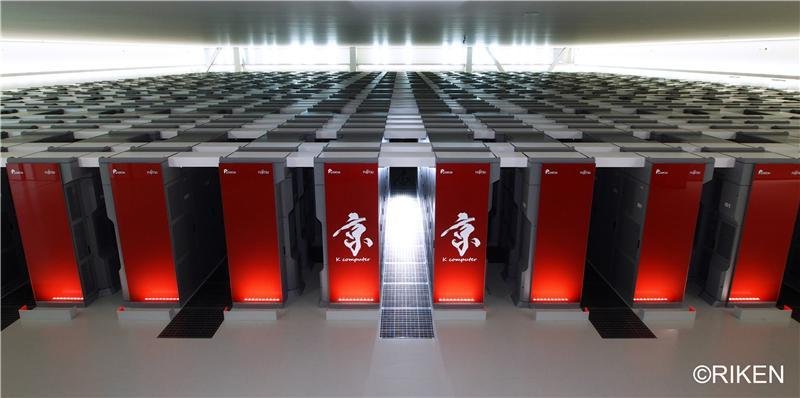
Tokyo: SGI Japan Ltd., a part of NASDAQ-listed SGI that deals with high-performance solutions for compute, data analytics and data management, has accepted an order from the Institute for Chemical Research (ICR) at Kyoto University, Japan for its next supercomputer system, a SGI UV 2000.
The new system will be used for Kyoto ICR's advanced and interdisciplinary research in chemistry and biology. It will also be used by researchers throughout Japan as a shared computational platform for national universities and research centers.
In addition, this system will be used as the platform for GenomeNet, one of the world's largest biological information services developed by ICR's Bioinformatics Center and used by about 30,000 researchers per day from Japan and other countries. The supercomputer will promote new life sciences research based on genome information and its application to drug discovery, medical care and environment conservation.
The large-scale hybrid supercomputer system will combine two of the SGI UV 2000, 16 terabyte (TB) shared-memory servers with Intel Xeon Processor E5-4600 v2 Product Family and SGI Rackable Standard Depth cluster servers with total 3,000 cores of Intel Xeon Processor E5-2600 v3 Product Family, providing compatibility with the existing system, and allowing for scalability, versatility and cost efficiency. Nearly 9.4 petabytes (PB) of storage will be combined with a fast Lustre file system and a large-capacity Network File System (NFS). SGI Japan will install the products, build the system, and perform operations and maintenance. The system will start operation in January 2016.
The system will provide Kyoto's ICR with substantial improvement in performance and capacity, allowing it to support prevalent next-generation sequencers, the increase in genome sequence data due to innovative sequence technology, and the increase in users of the GenomeNet database. ICR also plans to promote shared use and its activities as a joint research center.
"As experimental technologies progress dramatically, supercomputers that provide rapid computation and high accuracy analysis of large data are a requirement in the fields of chemistry, physics, and biology," said Hiroyuki Ogata, Professor at the Institute for Chemical Research, Kyoto University. "We expect that the ICR supercomputer system will meet such demands to serve researchers inside and outside the university more effectively. Our laboratory specifically is looking forward to using this supercomputer system to find the correlation between the earth's environment and the life system based on large-scale environmental genome data."
The system's added physical capacity will provide 10 or more times the capacity of the current 840 Terabyte (TB) system. The vast memory space, increased computation capability and large-scale storage system are essential for calculating gene and genome information and storing analysis data, which are increasing at an accelerated rate.
The new system will enable the comprehensive analysis of many parameter spaces and larger and more reliable simulations for fields requiring high computation capabilities, like chemical calculation, including quantum chemical calculation and biomacromolecular modeling.
This system will consist of five server groups: GenomeNet calculation servers, chemical calculation servers, GenomeNet servers, chemistry database servers and file servers. These server groups will be combined with a fast Lustre file system and a large-capacity NFS. The center of the system will contain the GenomeNet servers and chemical calculation servers.




